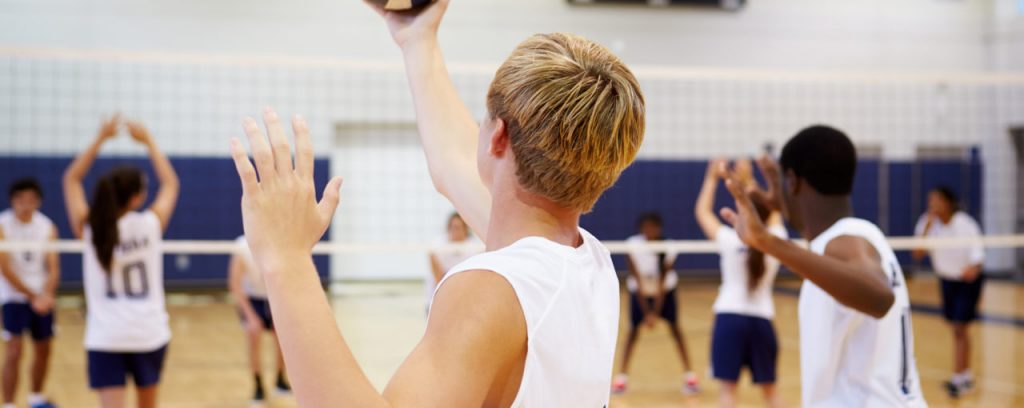Including Children and Youth with Disabilities in the 24-Hour Movement Guidelines

Engaging in regular physical activity, getting enough sleep, and limiting time spent inactive are well known and evidence-based prescriptions for the promotion of overall health and well-being(Tremblay et al., 2016). In fact, the Canadian 24-Hour Movement Guidelines for Children and Youth (ages 5-17) — which consolidate the evidence-based daily requirements for physical activity and inactivity, as well as sleep, into a single…
Physical Activity in Childcare
Parents often rely on childcare providers to provide children with their daily physical activity. However, research shows childcare providers often lack the skill and confidence to ensure children meet the recommended guidelines for physical activity. Learn more in The Conversation.
National Addictions Awareness Week 2019
With 1 in 10 Canadians experiencing substance use disorders, it is likely that a team member or colleague might experience or be affected by the misuse of substances. Unfortunately, stigmatizing language can prevent people from seeking help. Learn more about National Addictions Awareness Week and download the new “Overcoming Stigma Through Language” resource on the…
Cost of adult physical activity
The total health care costs of physical inactivity among Canadians exceed $6.8 billion annually. Yet, simply getting 10% of Canadians with low physical activity levels to move more could inject $1.6 billion back into the economy and decrease health care spending by $2.6 billion by 2040. Read the 2019 ParticipACTION Report Card on Physical Activity…
ReBoot Intramurals
Research shows girls’ participation in school-based intramural programs is low. PHE Canada’s ReBoot Intramurals initiative is designed to boost the quality of programming to ensure girls have positive experiences that will shape their physical activity attitudes and behaviours for life. Watch the video to learn more, and download the practical toolkit.
Weight Training for Children
Is weight training appropriate for children and youth, or does it risk damaging growth plates and stunting growth? A review of the literature in the SIRCuit provides parents, coaches and athletes with the facts.
Report Card on Physical Activity for Adults
We flunked! The new ParticipACTION Report Card on Physical Activity for Adults assigned us a ‘D’ grade in “overall physical activity.” Only 16% of adults living in Canada are active enough to meet the recommended guidelines of at least 150 minutes of heart-pumping physical activity each week. Read the full report here.
MATCH: Spotlight on a Canadian Study on Sport Participation

In this day and age, everything is at our fingertips. However, the investigation of complex behaviours is still a process that takes time. The intricate nature of sport and physical activity behaviour, especially amongst children and adolescents, is an area that many Canadian policy makers, administrators and other sport system stakeholders are trying to better…
Is There a Role for Weight Training in the Physical Development of Children?

Once considered a fringe activity, weight training has grown in popularity in the last 20 years due to its benefits for improving health, physical fitness, and performance. Weight training is often included in high school physical education classes and promoted for young athletes as a supplement to sport training. However, various myths regarding weight training…
Physical literacy and life-long participation
The development of physical literacy is essential to life-long participation in sport and physical activity. Learn how teachers and parents (and program leaders, coaches, and others!) can be allies in ensuring students develop the “motivation, confidence, physical competence, knowledge and understanding to value and take responsibility for engagement in physical activities for life” in the…